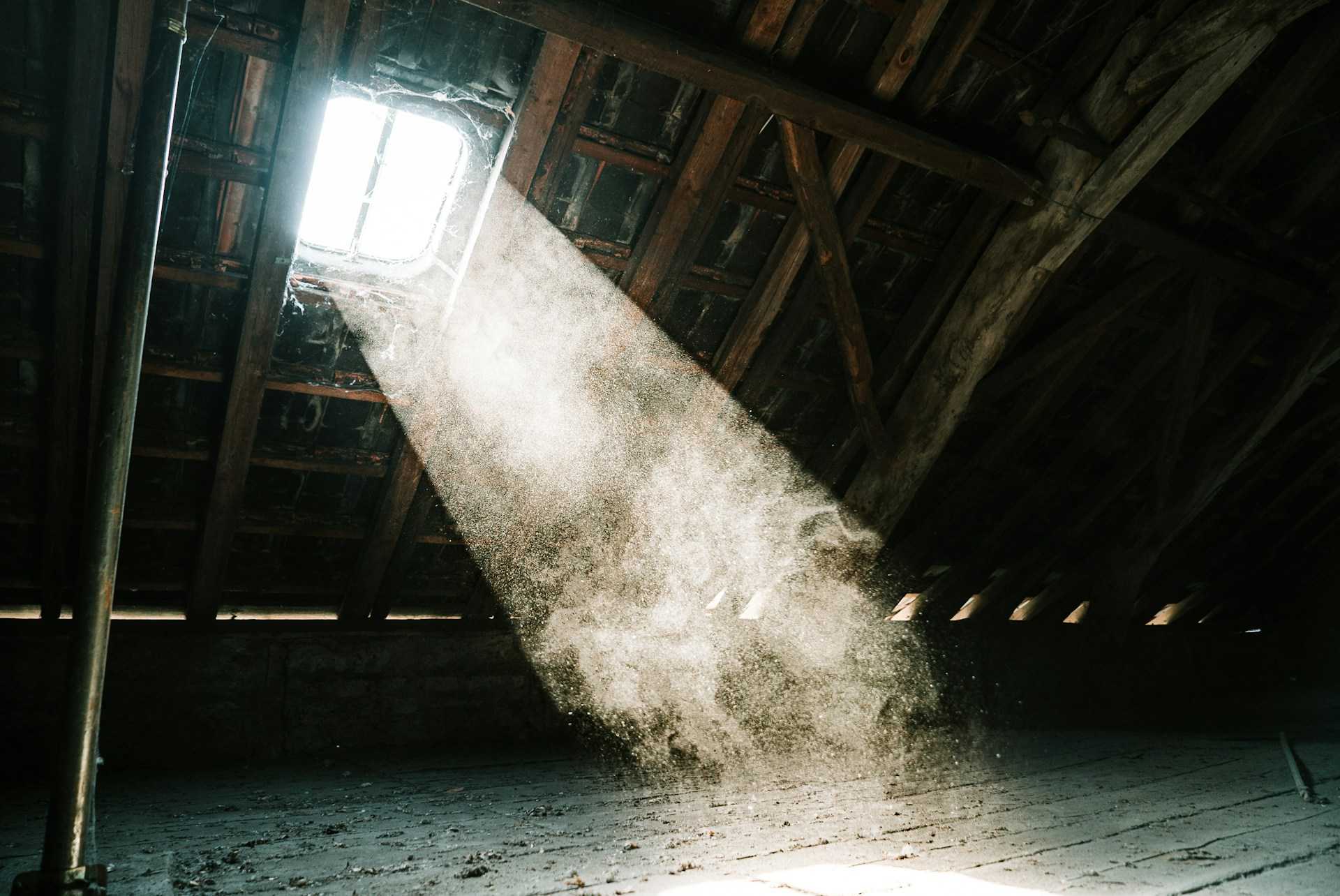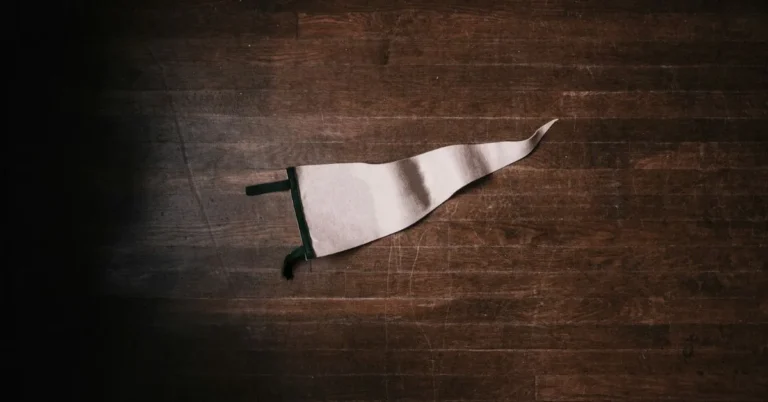In many homes, the attic serves as a catch-all for items that don't fit elsewhere. However, this out-of-sight, out-of-mind approach can lead to unintended consequences. Let's explore why certain belongings should never make their way up those folding stairs.
Table of Contents
The Attic Environment | A Risky Storage Solution
Attics are notorious for their extreme temperature fluctuations and vulnerability to pests. These factors can wreak havoc on various household items, turning cherished possessions into damaged goods. Home experts advise against storing the following six categories of items in your attic.
1. Electronics – Protecting Your Gadgets from Heat Damage
When it comes to electronics, attic storage is a big no-no. The scorching temperatures that build up under the roof can spell disaster for these devices.
- High heat can melt plastic components
- Extreme temperatures may cause irreparable damage to internal parts
These tapes were intended to have a life span of 10 years, and I've seen some from the early 1980s. If possible, these should be digitized ASAP.
Don't let nostalgia turn into regret. Preserve those memories by converting them to digital formats and storing them properly.
2. Food – Keeping Edibles Safe and Fresh
The attic's temperature swings make it an unsuitable place for storing any type of food. Even canned goods and wine aren't safe from these harsh conditions.
Generally speaking, edibles of any kind should not be kept in your attic. They will likely attract pests even if stored in sealed plastic containers."
Remember, out of sight often means out of mind. Don't risk forgetting about food items tucked away in the attic, only to discover a moldy mess later.
3. Chemicals – Avoiding Hazardous Situations
It might seem convenient to stash cleaning supplies or pool chemicals in the attic, but this can lead to dangerous situations. Heat can alter the composition of these products, potentially causing:
- Leaks that damage your ceiling
- Explosions of aerosol cans
For safety and convenience, store chemicals in climate-controlled areas close to where they're used.
4. Photos – Preserving Precious Memories
While photo albums might seem like ideal attic candidates, they're actually at high risk in this environment. Moisture and temperature fluctuations can cause irreversible damage.
Remove them from the attic—and the albums—and store them in a cool, dry place like a closet or even under a bed.
Don't let yellowing and deterioration rob you of your treasured memories. Give your photos the protection they deserve.
5. Wooden Decor – Protecting from Pests and Weather
Those spare wooden picture frames or shelves might seem harmless in the attic, but they're actually inviting trouble. Wood stored in attics faces multiple threats:
- Insects and pests that love to chew on wood
- Humidity causing expansion, rot, and mold
- Extreme heat leading to cracks and drying
Instead of risking damage, consider donating intact wooden items. There is no need to store items you don't actually want to keep.
6. Fabrics – Safeguarding Textiles from Deterioration
Fabrics, whether natural or synthetic, are highly susceptible to attic conditions. From clothing and mattresses to beloved stuffed animals and rugs, these items face significant risks when stored overhead.
Have any meaningful pieces of clothing professionally cleaned and then stored inside your home."
This ensures that cherished textiles remain in good condition for years to come.
What Can You Safely Store in the Attic?
Despite these restrictions, attics can still serve as useful storage spaces for certain items. We suggest the following as attic-friendly options:
- Dishware and cookware
- Holiday decorations
- Suitcases
- Outdoor furniture
- Items you'll use in the near future
The Bottom Line | Use Common Sense in Attic Storage
Ultimately, smart attic storage comes down to using good judgment.
Use your own common sense about what can be safely stored in your attic, and you'll be well on your way to protecting the items and keeping them for future generations.
By being mindful of what goes into your attic, you can maximize this storage space while protecting your belongings from damage. Remember, just because something can fit in the attic doesn't mean it should be stored there. Take the time to evaluate each item and find the most appropriate storage solution for your home.


